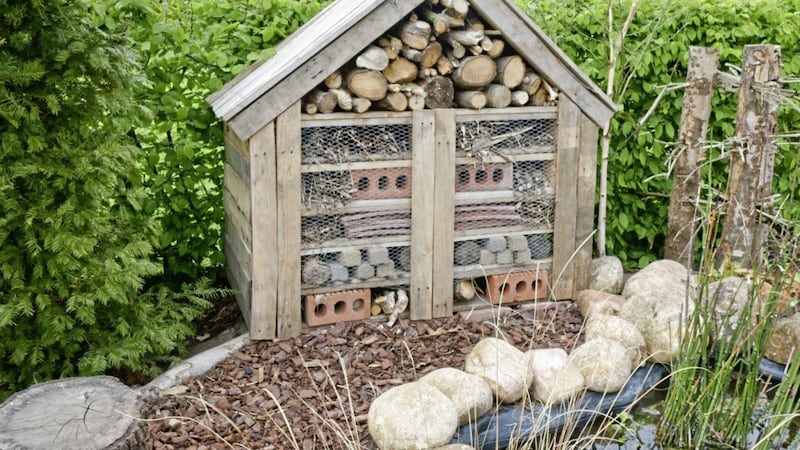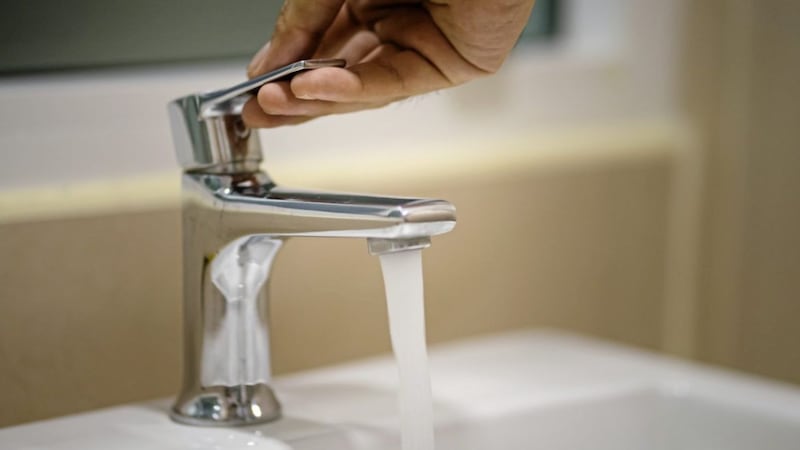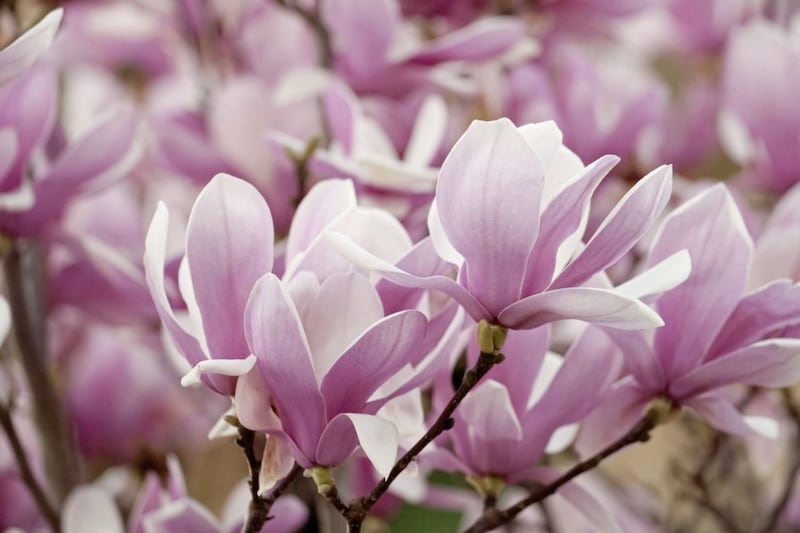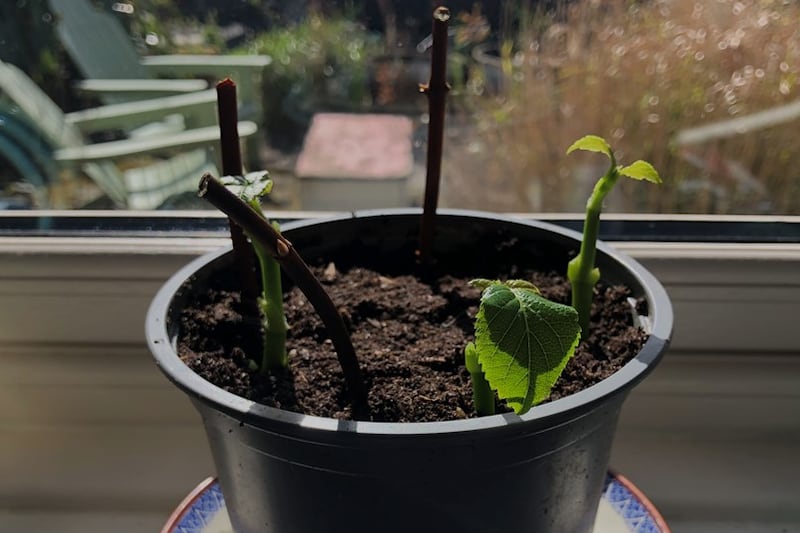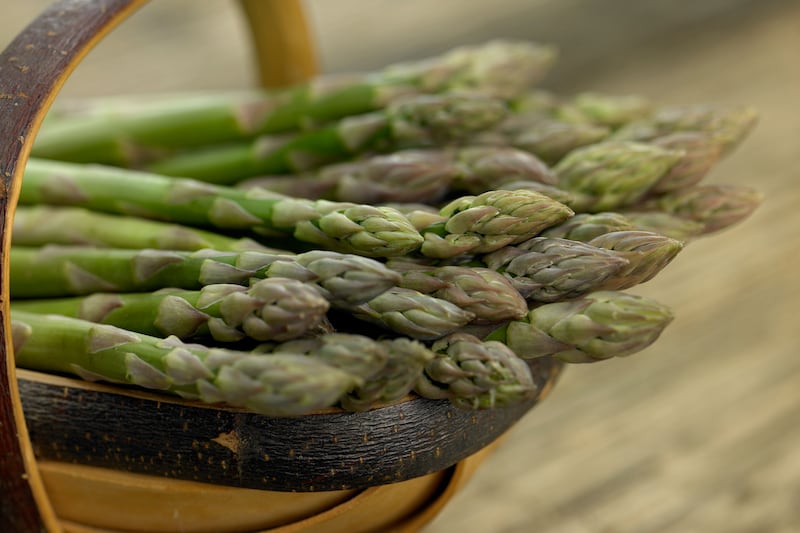A GOOD garden should have so much more than just pretty plants and flowers. It should be a home not only to plant life but also a diversity of wildlife, from small mammals and birds to insects and aquatic creatures.
Creating a garden that is a wildlife habitat has many advantages. Not only does it mean additional interest for those who use it but it also results in a healthier garden with its own self-sustaining eco-system where pest and diseases are kept in check by natural means.
There are many ways boost your garden’s biodiversity. Planting a wide variety of trees, shrubs and plants is foremost, ensuring a good proportion of natives which are conducive to indigenous wildlife.
A water feature such as a half barrel or a pond is also recommended for attracting all sorts of animals – and not just those who live in the water.
Arguably, the foundation of a thriving wildlife garden is its insect population. Not only will the 2,000 or so species of little invertebrates that can inhabit a healthy garden provide a food source for the likes of frogs, bats and hedgehogs, they will also process your garden waste and many will pollinate your flowers.
While once it was considered good gardening practice to discourage bug life in the garden with the use of pesticides, we thankfully now live in more enlightened times where deliberately creating insect accommodation is the norm in many gardens.
So-called 'bug hotels' or 'insect mansions' can be bought at many garden centres, but I suggest you spend your money on something else, as creating your own from recycled and salvaged materials is a much more enjoyable and satisfying experience.
The aim is to mimic the kinds of places insects and other small creatures like to shelter in, so you should have plenty of crevices, hollows and holes for the bugs to crawl into.
It can be any size – from the boutique appeal of a small pile of bricks to more expansive ‘budget’ accommodation with several layers of pallets.
Some invertebrates prefer cool, dark conditions while others like a sunny aspect, so it is best sited in semi-shade. You’ll improve the appeal of your hotel by siting it close to other wildlife-friendly features such as a hedge, dense shrubbery or a pond, out of the prevailing wind.
It’s up to yourself what materials are used to fill out your hotel superstructure, but you’ll find most are usually left over from the regular garden clean up.
Dead and decaying wood is an essential component for the basement area and will prove irresistible to burrowing insects like stag beetles, centipedes and woodlice.
Similarly, straw and hay will provide cover and warmth for them during hibernation periods. Dry leaves and loose bark will also emulate their natural ground level woodland habitat.
A little further off the ground is where you can hope to accommodate solitary bees. Their desired nesting residence is ordinarily a hollow stem which can easily be fashioned by taking sections of stalks from the likes of globe artichoke or even by drilling holes in an old piece of wood. Holes of different sizes mean different species can be catered for.
Lacewings and their larvae, which will help in the battle against aphids and other pests, can be encouraged by rolling up a piece of corrugated cardboard and placing it inside a dry cylinder, such as an old piece of pipe.
And once you’ve created one hotel, why not establish a whole chain?

